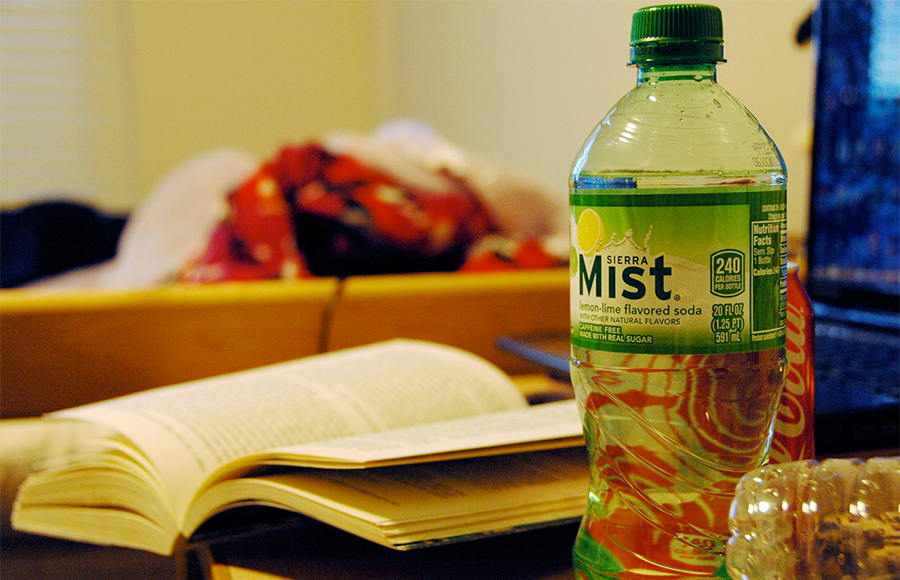Berkeley moves toward tax on sugary beverages
Berkeley City Council is setting the stage to reduce citywide sugar consumption, moving forward with the possible implementation of a city tax on sugar-sweetened beverages.
At its meeting Tuesday, the council voted unanimously to add a measure taxing sugary beverages to a community survey that would help determine whether the measure would make it onto the ballot for the November election. The survey will ask the community to consider a one-cent-per-ounce excise tax assessed against distributors of sugar-sweetened beverages, framed as a means of combating the growing diabetes and obesity epidemic in America.
If the issue is put on the ballot and approved by voters, Berkeley will become the first city in the nation to impose such a tax.
“No city has been able to successfully pass a sugar-sweetened beverage tax, but it will happen here in Berkeley,” said Councilmember Darryl Moore at the meeting.
The potential ballot measure was pushed forward by the Healthy Child Coalition, a group in Berkeley working to reduce and prevent childhood obesity and diabetes through policy and education.
Vicki Alexander, co-chair of the coalition and a former Berkeley health officer, told the council that the tax aims to generate funds upward of $1.5 million that would funnel into the expansion of health education and programming in the community.
“What motivates me is that I want to see a healthy community,” Alexander said. “I don’t like that the sugar-sweetened beverage industry targets our youth.”
Last year, UCSF scientists said a hypothetical 10 to 20 percent decline in sugary-beverage consumption due to a sugar-sweetened beverage tax would result in a statewide drop in new cases of heart disease and diabetes.
In 2012, a similar measure proposed in Richmond failed, with about 67 percent of voters opposing the tax. Food-industry groups, along with the American Beverage Association, spent several million dollars in countering the measure.
“The reality is the damage that is being done to (consumers) by the soda industry is far more than any tax they might ever pay on it,” said Councilmember Laurie Capitelli. “You can imagine what one case of diabetes costs the health care system — in comparison, a small price to pay for avoiding another case of diabetes.”
The council recently sent out an online survey to gauge awareness of and interest in such a tax among UC Berkeley students, as the campus is exempt from the tax if it passes. CalSERVE Senator Caitlin Quinn is planning to write a bill to have the ASUC support UC Berkeley adopting the tax if the city approves the measure.
“The reality is the damage that is being done to (consumers) by the soda industry is far more than any tax they might ever pay on it,” said Councilmember Laurie Capitelli. “You can imagine what one case of diabetes costs the health care system — in comparison, a small price to pay for avoiding another case of diabetes.”
The council recently sent out an online survey to gauge awareness of and interest in such a tax among UC Berkeley students, as the campus is exempt from the tax if it passes. CalSERVE Senator Caitlin Quinn is planning to write a bill to have the ASUC support UC Berkeley adopting the tax if the city approves the measure.
“We will be facing an incredible onslaught from those that feed from the trough of human misery,” said Councilmember Max Anderson at the council meeting. “They don’t know who they’re messing with.”
Jeff Landa covers city news. Contact him at jlanda@dailycal.org and follow him on Twitter@JeffLanda.


